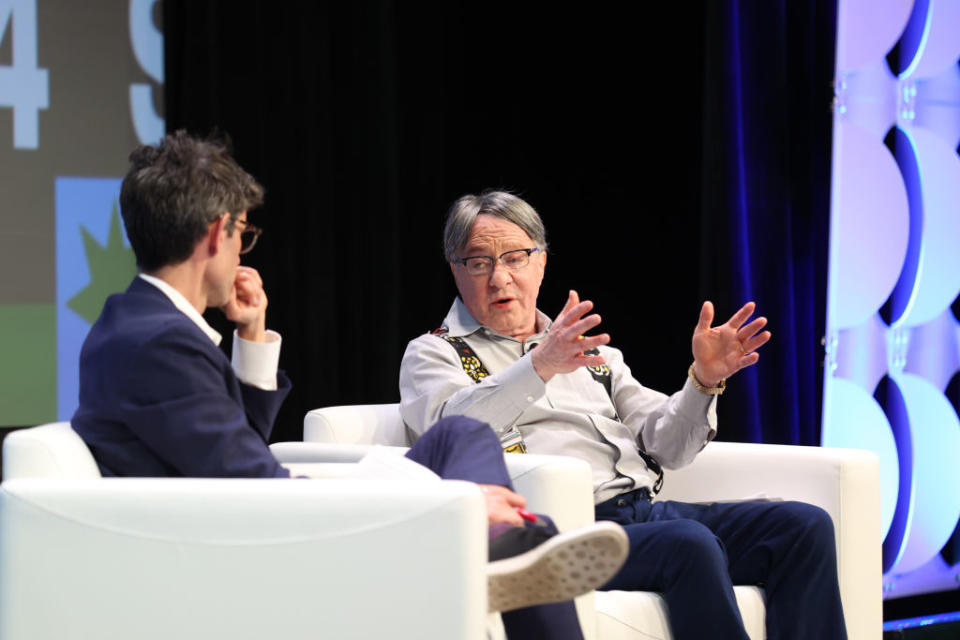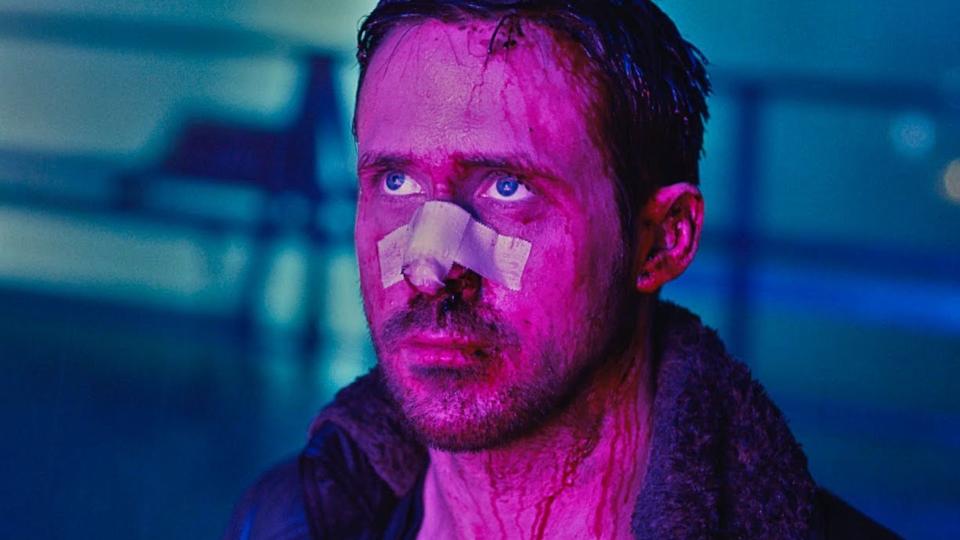AI is undoubtedly the biggest tech topic of the past decade, with a bewildering amount of resources from companies like Google, OpenAI, and Microsoft being thrown into the field. Despite this, the results so far have been somewhat mixed. Google’s AI answers are often just plain dumb (and are, incidentally, behind a 50% increase in the company’s greenhouse gas emissions over the past five years), AI images and videos are riddled with obvious errors, and the chatbots… well, they’re a little better, but they’re still chatbots.
One man, however, predicted both this level of interest and certain elements of how AI will develop. The Guardian has a new interview with Ray Kurzweila futurist and computer scientist best known for his 2005 book The Singularity is Near, where the “Singularity” is the merging of human consciousness and AI. Kurzweil is an authority on AI, and his current job title is notable: he is “principal researcher and AI visionary” at Google.
The Singularity is Near predicted that AI would reach human intelligence levels by 2029, while the great merger of our brains with AI would happen around 2045. Now he’s back with a sequel called The Singularity is Nearer, a title that doesn’t need much explanation. Brace yourself for a dose of what some would call techno-futurism, while others prefer the term dystopian madness.
Kurzweil stands by his 2005 predictions, estimating that 2029 remains an accurate date for both “human-level intelligence and artificial general intelligence (AGI) — which is a little bit different. Human-level intelligence generally means AI that has achieved the capability of the most capable humans in a given domain, and that will have achieved that in most respects by 2029.” He estimates that there may be a few years ahead where AI “can’t outperform the best humans at a few key skills, like writing Oscar-winning screenplays or generating deep new philosophical insights,” but eventually “it will.”
The real nightmare fuel comes from Kurzweil’s idea of the Singularity, which he sees as a positive thing and about which he makes some absolutely wild claims. “We’re going to be a combination of our natural intelligence and our cybernetic intelligence, and it’s all going to be rolled into one. It’s going to be enabled by brain-computer interfaces that will eventually be nanobots — robots the size of molecules — that go noninvasively into our brains through the capillaries. We’re going to expand intelligence a million times by 2045, and it’s going to deepen our consciousness and our knowledge.”
Claiming that your field will “increase intelligence a millionfold” is the kind of utter arrogance that belongs at the beginning of a bad science fiction novel, and strikes me as so abstract as to be essentially meaningless. We don’t even understand how our own brains work, so the idea that they can be both replicated and altered at the whim of people like Kurzweil strikes me as deeply unappealing. Let’s be clear, we’re talking about altering people’s brains and physiology by injecting them with nanomachines. Somehow I don’t think that’s going to happen as smoothly as some proponents claim.
The AI visionary acknowledges that “people do say ‘I don’t want that'” and then claims “they thought they didn’t want phones either!” Kurzweil returns to the theme of phones when he talks about accessibility and the idea that AI advances will disproportionately benefit the wealthy: “When [mobile] Telephones were new, they were very expensive and they also did a terrible job […] Now they are very affordable and extremely useful. About three quarters of the people in the world have one… this problem disappears over time.”

Live forever
My first plan is to stay alive, and reach escape velocity of lifespan. I also plan to create a replicant of myself. I take about 80 pills a day to stay healthy. Cryogenic freezing is the emergency solution.
Hmm. Kurzweil has a chapter on “dangers” in the new book, but seems fairly relaxed about the possibility of doomsday scenarios. “We need to be aware of the potential here and monitor what AI does. But just being against it is not wise: the benefits are so great. All the big companies are putting more effort into making their systems secure and in line with human values than into creating new developments, which is a good thing.”
I absolutely do not believe that and do not trust these big tech companies or their research teams to put safety above AI development. Nothing in tech has ever worked this way and while it is a bit dated now, the Silicon Valley philosophy of “move fast and break things” seems to perfectly capture the current AI craze.
Kurzweil’s life and work are all tied to this technology, of course, so you’d think he’d make an optimistic case. Yet here’s what I’m looking at: immortality.
“In the early 2030s, we can expect to hit lifespan escape velocity, where every year of life that we lose to aging, we get back through scientific advances,” Kurzweil says. “And if we go past that, we actually get more years back. It’s not a solid guarantee of eternal life — there are still accidents — but the odds of you dying are not going up year after year. The ability to digitally bring back dead people is going to raise some interesting societal and legal questions.”


AI is going to raise the dead! I’ve really heard it all now. As for Kurzweil himself: “My first plan is to stay alive, reach escape velocity of longevity. I take about 80 pills a day to stay healthy. Cryogenic freezing is the emergency solution. I also plan to make a replicant of myself [an afterlife AI avatar]which is an option I think we’ll all have in the late 2020s. I did something like that with my dad, collecting everything he’d written in his life, and it was kind of like talking to him.”
The phrase “a little bit” does a lot of heavy lifting there, because what Kurzweil means is that his father’s replicant did not, in fact, resemble his father. The interview ends with the observation that “it’s not going to be us versus AI: AI goes into ourselves.”
Well. Kurzweil is a hugely respected figure and has considerable influence within the AI field. I’m just blown away by how much of this he seems to find desirable, let alone feasible, and the flippant way in which the multiple potential problems with this technology are dismissed. In 10 years we’ll increase our life expectancy with nanobots, and in 20 years we’ll all be some kind of hybrid of human and hardware, our brains dominated by software we don’t understand and can’t control on a personal level. Oh, and we’ll resurrect the dead as digital avatars.
AI is a technology that is currently defined not by what it can do, but by what its proponents promise it can do. And who knows, Kurzweil may turn out to be right about everything. But personally, I quite enjoy being myself, and have no real desire to resurrect dead relatives through some creepy software-based approach. Some might call this playing God, but I prefer to put it another way. This whole philosophy is as crazy as a tie in a bakery, and will end just as well.